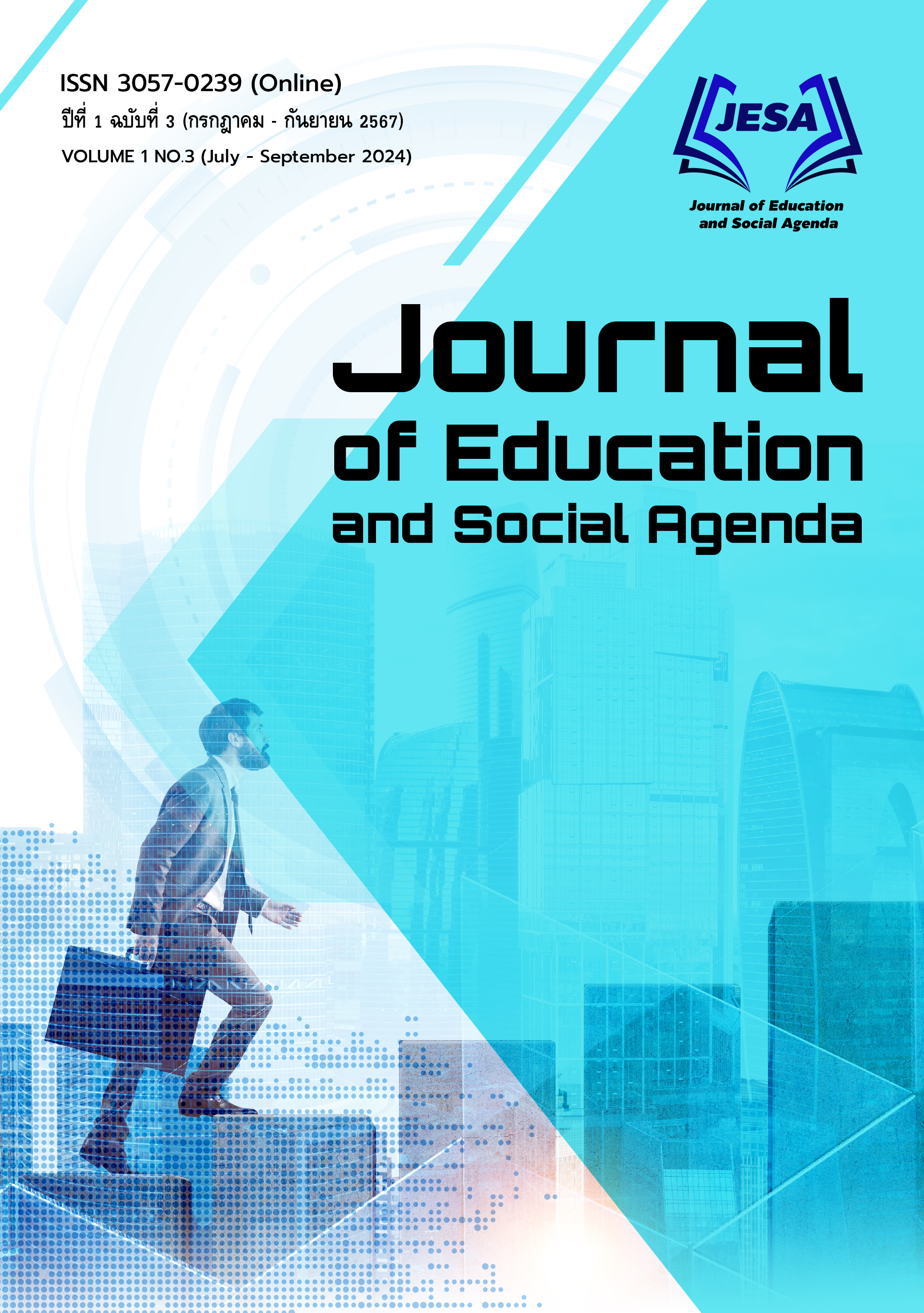The Role of Monks in Promoting the Management of Savings Group
Keywords:
The Role of Monks, Management, Savings GroupsAbstract
This academic article aims to study the role of monks in promoting the management of savings groups. It was found that monks must manage based on the four principles of Dhamma-related benefits: diligence in performing duties, caring for and maintaining benefits, finding good network members, and adhering to the principle of sufficiency. This is in line with seven roles: 1) decision-making role, 2) planning role, 3) organizing role, 4) communication role, 5) influence and motivation role, 6) coordination role, and 7) evaluation role. These will result in the savings groups existing with quality, leading to a dignified life. In addition to the aforementioned principles, the principles for promoting successful savings groups that strengthen and enable self-reliance involve coordinating the three institutions of religion, community, and family together, leading to an improved quality of life in terms of physical and mental well-being, as well as sustainable living in a prosperoussociety.
References
มหาวิทยาลัยมหาจุฬาลงกรณราชวิทยาลัย. (2539). พระไตรปิฎกภาษาไทย ฉบับมหาจุฬาลงกรณราชวิทยาลัย. กรุงเทพฯ : โรงพิมพ์มหาจุฬาลงกรณราชวิทยาลัย.
สำนักงานกองทุนเพื่อสังคม. (2554). กลุ่มสัจจะสะสมทรัพย์จังหวัดจันทบุรี ชุดการจัดการทางสังคม. กรุงเทพฯ : โรงพิมคุรุสภา.
สำนักพัฒนาทุนและองค์กรการเงินชุมชน. (2556). แนวทางส่งส่งเสริมการจัดตั้งกลุ่มออมทรัพย์เพื่อการผลิต. กรุงเทพฯ : กรมการพัฒนาชุมชน กระทรวงมหาดไทย.
อารีย์ เชื้อเมืองพาน. (2542). กลุ่มออมทรัพย์ : สถาบันการเงินเพื่อพัฒนาชุมชน. เชียงใหม่ : สำนักพิมพ์เฟื้องฟ้า.
อุทัย ดุลยเกษม และอรศรี งามวิทยาพงศ์. (2540). ภาพการศึกษากับชุมชน : กรอบแนวคิดและข้อเสนอในการศึกษาวิจัย. กรุงเทพฯ : สำนักงานกองทุนสนับสนุนการวิจัย.

Downloads
Published
How to Cite
Issue
Section
License
Copyright (c) 2024 Asia Connect Journal

This work is licensed under a Creative Commons Attribution-NonCommercial-NoDerivatives 4.0 International License.
This article is published under a Creative Commons Attribution-NonCommercial-NoDerivatives 4.0 International License (CC BY-NC-ND 4.0), which allows others to share the article with proper attribution to the authors and prohibits commercial use or modification. For any other reuse or republication, permission from the journal and the authors is required.

